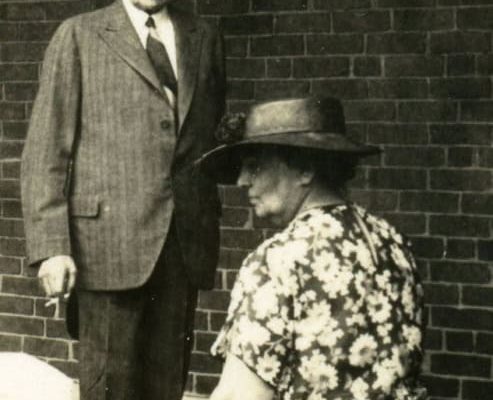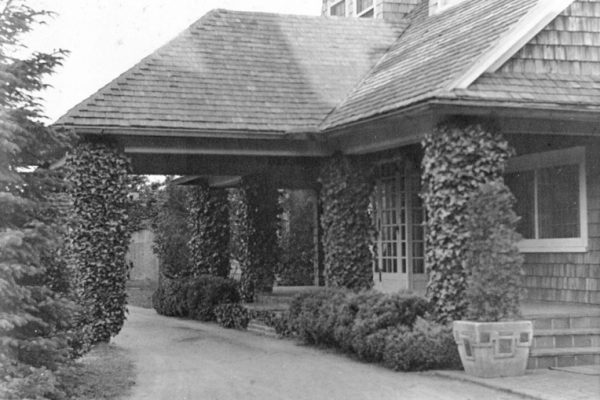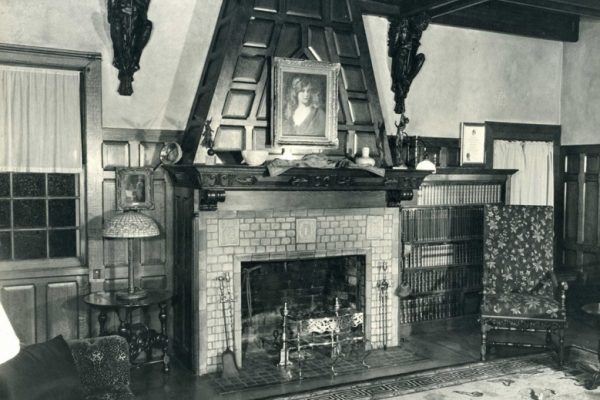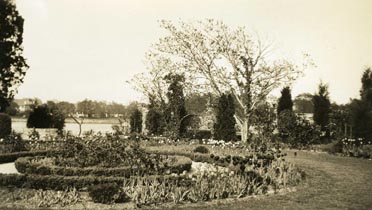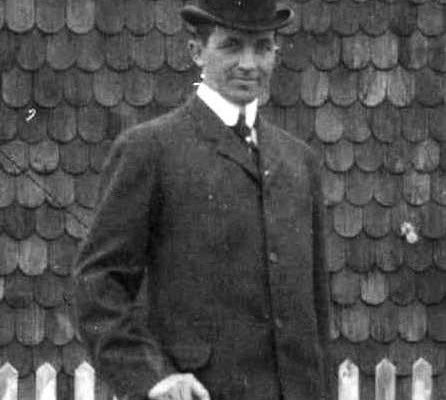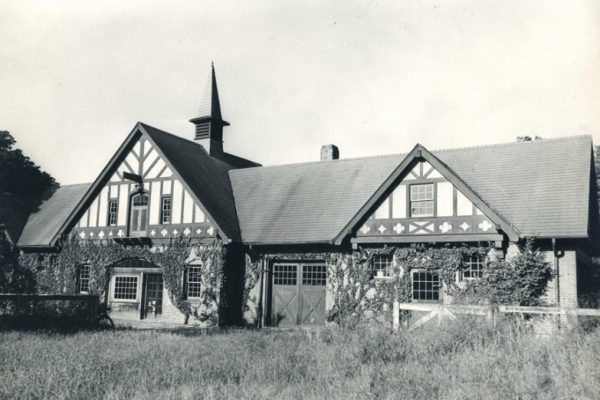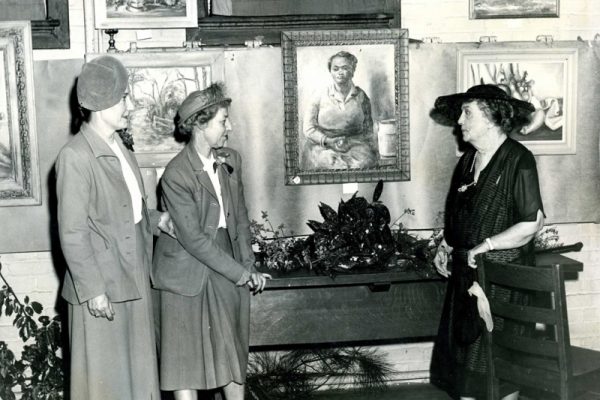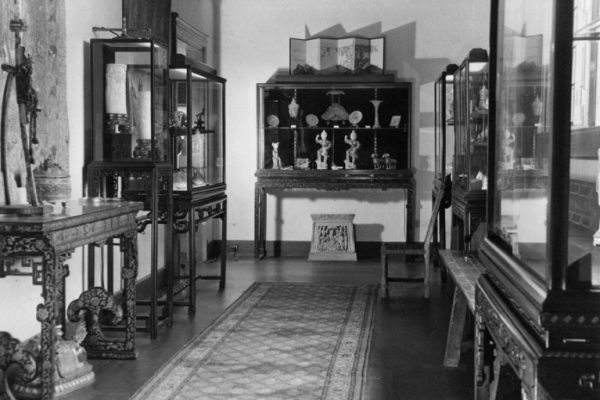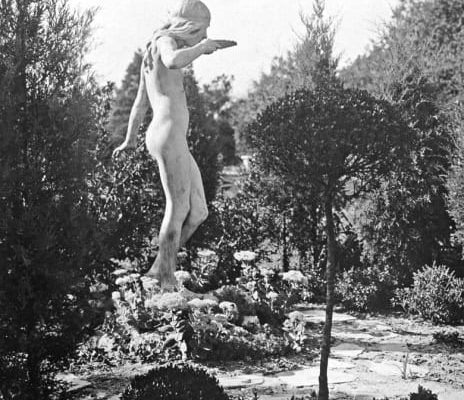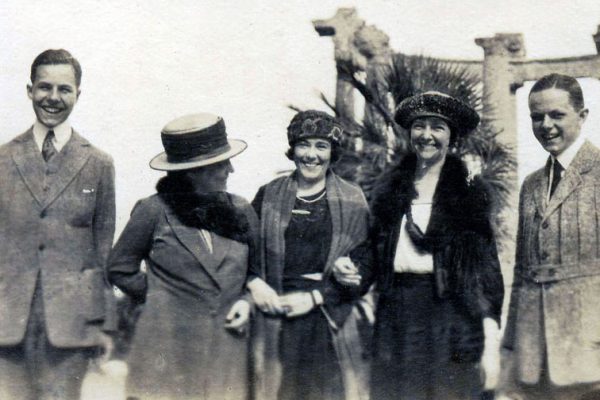The Hermitage Museum and Gardens consists of an early 20th century historic house museum with a world-wide art collection and contemporary exhibition galleries, surrounded by twelve acres of formal gardens and natural woodlands; educational wetlands; and a Visual Arts Studio. It is located within minutes of the largest U.S. naval base, the world’s busiest coal pier, and a major East Coast container port. The property is bordered on three sides by the Lafayette River, a tributary of the tidal estuary that threads through Hampton Roads.
The house was built by William and Florence Sloane, wealthy New Yorkers who came to Hampton Roads in 1893 to operate textile mills. Named “Hermitage,” the house was constructed in 1908 as a five-room summer home but soon became the Sloanes’ principal residence. Under Florence Sloane’s active direction, the Arts and Crafts style house was reoriented and expanded to its final forty-two rooms by 1936.
The Sloanes had broad artistic interests and were educated collectors. They were instrumental in the founding of the Norfolk Museum of Arts and Sciences, now the Chrysler Museum. Florence Sloane also maintained friendships and corresponded with prominent artists, many of whom are represented in the Sloane Collection.
The Sloanes established the Hermitage Foundation, a non-stock, non-profit corporation, in 1937, as a museum to encourage development of Arts and Crafts and to promote the arts within the community. Ultimately, they contributed the house and its contents, the Hermitage grounds, and all outbuildings on the property to the Foundation. The Hermitage Museum opened to the public permanently in 1942, following a short closing after the death of her husband in 1940. Florence Sloane remained in residence at the Hermitage until her death in 1953, while her youngest son, E.K., lived in the house and led the Hermitage Foundation until the early 1970s.

